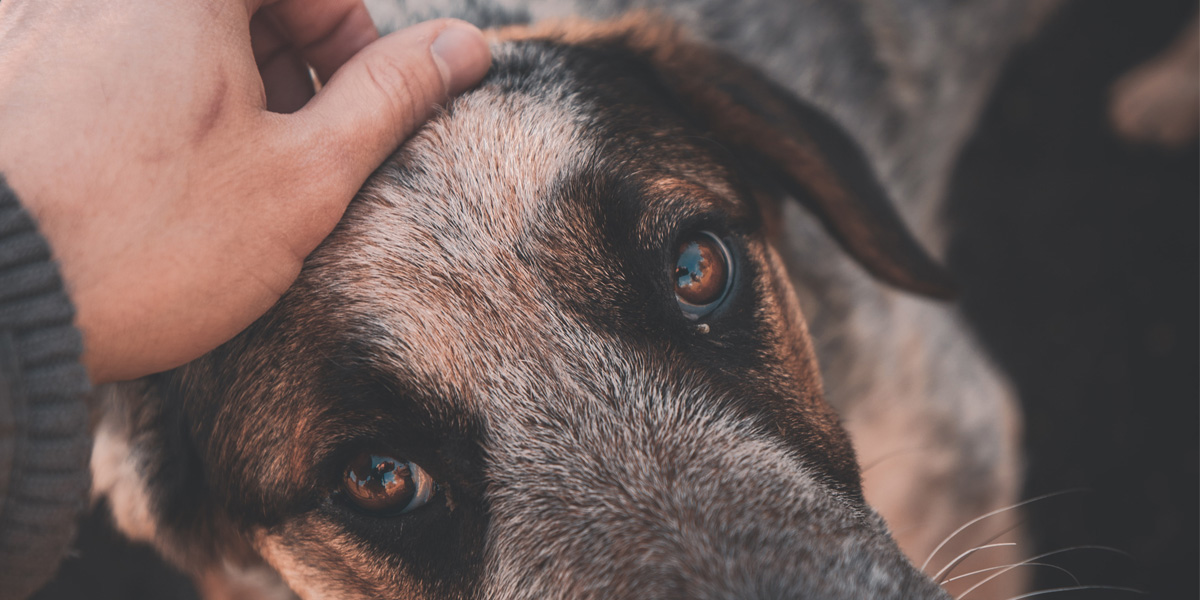Remedies to Treat Pet Skin Infections
Doctor of Veterinary Medicine

While efforts are made to answer all questions as quickly as possible, if an immediate answer is required or if your pet is in need of urgent or emergency care, contact your pet's veterinarian immediately.
Doctor of Veterinary Medicine

You will receive an answer from Dr. Lindsay and our vet/tech team as soon as possible, usually the same day.
All answers are provided for informational or educational purposes only, and are intended to be a supplement to, and not a substitute for, the expertise and professional judgment of your pet's veterinarian.
It may be necessary to consult your pet's veterinarian regarding the applicability of any opinions or recommendations with respect to your pet's symptoms or medical condition.
CloseDoctor of Veterinary Medicine

An error has occurred, please reload the page and try again.
CloseWhile efforts are made to answer all questions as quickly as possible, if an immediate answer is required or if your pet is in need of urgent or emergency care, contact your pet's veterinarian immediately.
There is no answer related to your question

Bacterial infections in pets often develop in skin that has been traumatized and irritated by excessive rubbing, chewing, and itching. Pyoderma is therefore a frequent complication of skin diseases. Pyoderma literally means "pus in the skin" and can result from infectious, inflammatory, and/or cancerous causes. Inflamed pus-filled swellings may develop on the skin, and in some cases partial hair loss characterizes the infection. Symptoms may also include itchiness, pustules, crusted skin, excessive scaliness, small raised lesions, and dried discharge. These bacterial infections are usually triggered by an overgowth of normal resident flora of the skin.
The most common causes of bacterial infections of the skin include allergies (inhalant/contact, food, or flea bite allergies), internal diseases (hormonal disorders of the thyroid or adrenal gland), seborrheic conditions, or parasitic diseases. In some breeds and in prolonged cases, infection can go deep into the skin and surrounding tissues, which is known as a deep pyoderma. These infections often take many weeks to months of antibiotic and topical therapy to resolve.
Use antibacterial pet shampoos
When pets have been diagnosed with a bacterial infection of the skin, it is important for pet guardians to consider using special types of antibacterial shampoos to help treat the infection. These shampoos not only help flush the bacteria out of the hair follicles, but also help to directly kill bacteria involved with the skin problem. It is usually best to leave shampoos on your pet for 7-10 minutes before rinsing them off, which also allows for better penetration into the skin. Many available shampoos contain antibiotics such as chlorihexiderm and/or antifungal products. Some recommended shampoos include Malapet Shampoo and KetoChlor Shampoo.
Sterilize your pet's wounds
Antibacterial sprays can be quite helpful in managing bacterial skin infections in pets. These sprays should be used after the areas are thoroughly cleaned with an antibacterial soap or pet shampoo. The sprays will have several hours of residual antibacterial effect and can often be used up to 2-3 times daily. A few recommended products for this include Be Soothed Tea Tree Oil Skin Relief (for dogs only) which contains a natural antimicrobial tea tree oil compound. Another excellent product for dogs is Betagen Topical Spray, which contains a combination of an antibiotic and an anti-inflammatory cortisone compound.
Prevent further infection
When confronted with bacterial infections of the skin, veterinarians often use wound cleaners and bandages that may help prevent further bacterial colonization and kill any existing infections on the skin. Silver Sulfadiazine Cream 1% helps wounds and burns heal much faster, and prevents burns from becoming secondarily infected. Liquid bandages are also beneficial because they act as a protective barrier to prevent refinection, allowing the wound to properly heal.
When using antibacterial sprays or creams always avoid contact with your pet's eyes or mucous membranes. If contact is made, flush promptly and thoroughly with clean water.
 Swipe
Swipe
































